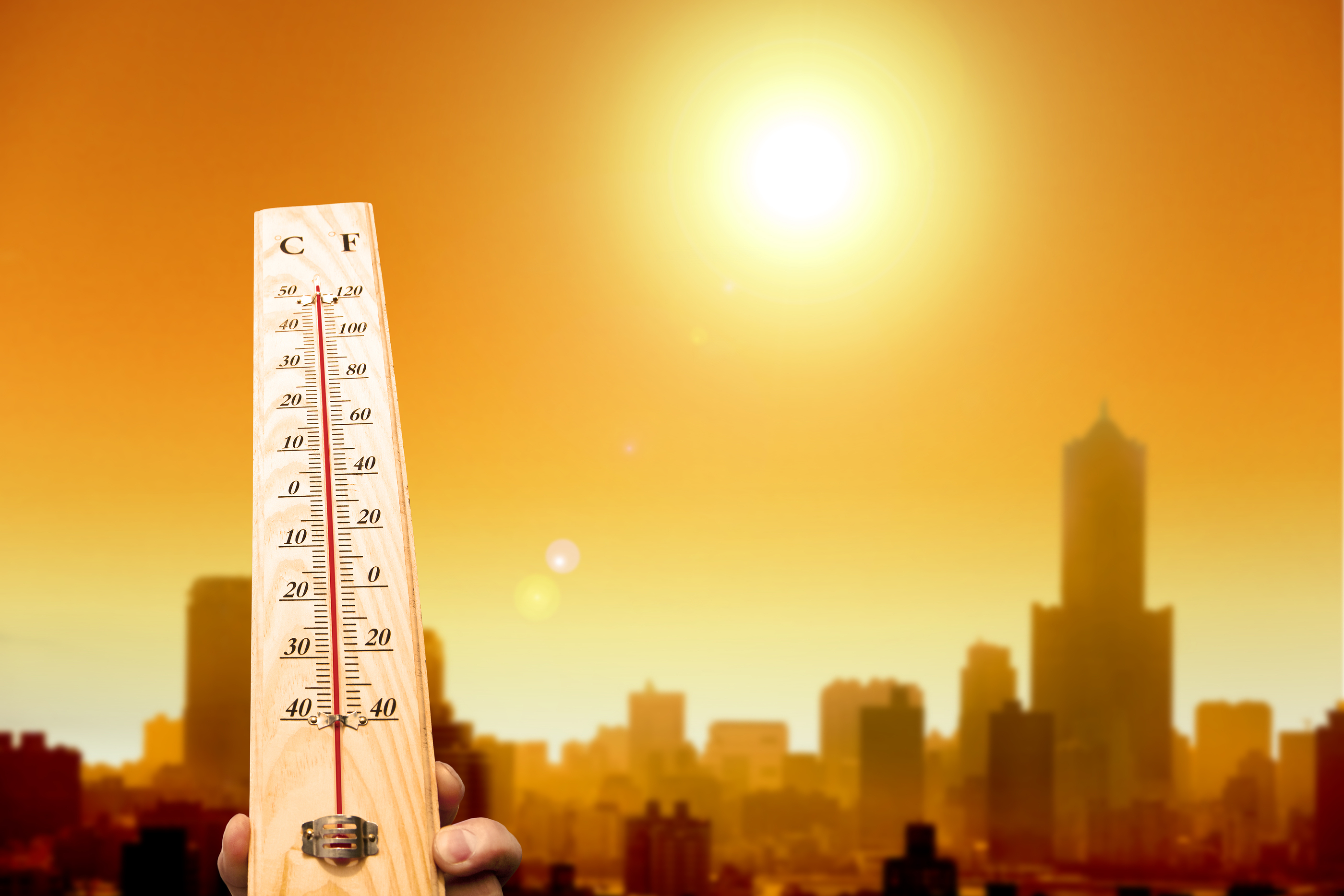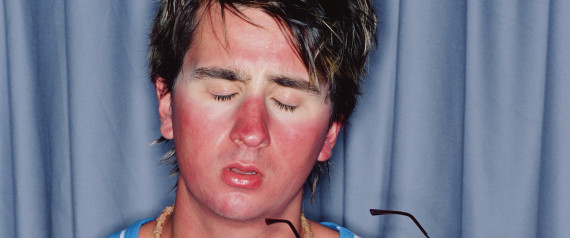SHTF First Aid: The Top 4 Effects of Too Much Sun

Radiation Burns
Sunburns are different from burns we get from cooking or touching hot objects. They are literally radiation burns, and they can literally alter the DNA structure of our skin. The effects of a sunburn can also take up to eight hours to become apparent, and this is one of the reasons that many people don’t feel it until well after they get back from the beach.
Radiation from the sun causes the blood vessels in our skin to swell and expand. It also fries tissues in the skin and causes cells to become inflamed. Sunburns kill healthy cells in the skin, which is one of the reasons that our skin peels during the healing process. We also know now that exposure to too much radiation from the sun can also cause cancer, which can take months or years to develop.
The severity of burns that are caused depends on the amount of exposure and location. However, it is definitely possible, as many skiers can attest, to get a serious sunburn while up in the mountains in the middle of the winter.
Temperature

Sunburns definitely raise body temperature. Temperatures increase as the result of heat radiating from the skin as well as from the body trying to cool us down. This is why you may notice some relief after applying topical skin creams after a burn, but still feel feverish for a couple of days after a moderate burn. Higher temperatures can lead to an increased heart rate, elevated blood pressure and place stress on our organs. Higher temperatures also lead to the development of symptoms that can lead to heat stroke, and these symptoms can last for days after exposure.
Dehydration

As our bodies warm up, they require more water to regulate temperature. We sweat more and exert more energy even while at rest or during sleep. Even a minor sunburn that covers a small portion of our bodies can require us to double our intake of water just to break even. The body also needs more fluid to maintain optimal internal temperatures and keep our biological processes running smoothly. The bottom line is that you can expect to go through a lot of water from even the most minor burn, and it is very easy to become dehydrated, even for many hours after exposure.
Fatigue

The skin is the largest organ in our bodies, and requires a lot of energy to repair itself. After a sunburn, the body dedicates an enormous amount of resources for this purpose. The side-effect is that we become tired, irritable and lethargic, and these feelings can last for days after exposure. Re-hydration, staying in a shady, cool and well-ventilated area along with taking frequent baths or showers can reduce symptoms. However, the body still needs time to heal, and this can have a big impact on our endurance during a survival situation.
These are just a few of many ill-effects that sun exposure has on our bodies. These can easily turn into big issues during a survival situation, especially if you are low on water or can’t find adequate shelter. It’s hard enough to deal with a sunburn under the best of circumstances, and the effects can be magnified to the point where they are a serious liability when you are in the throws of a crisis. Make sure that you protect your skin against exposure and do what you can to avoid getting burned in the first place.

